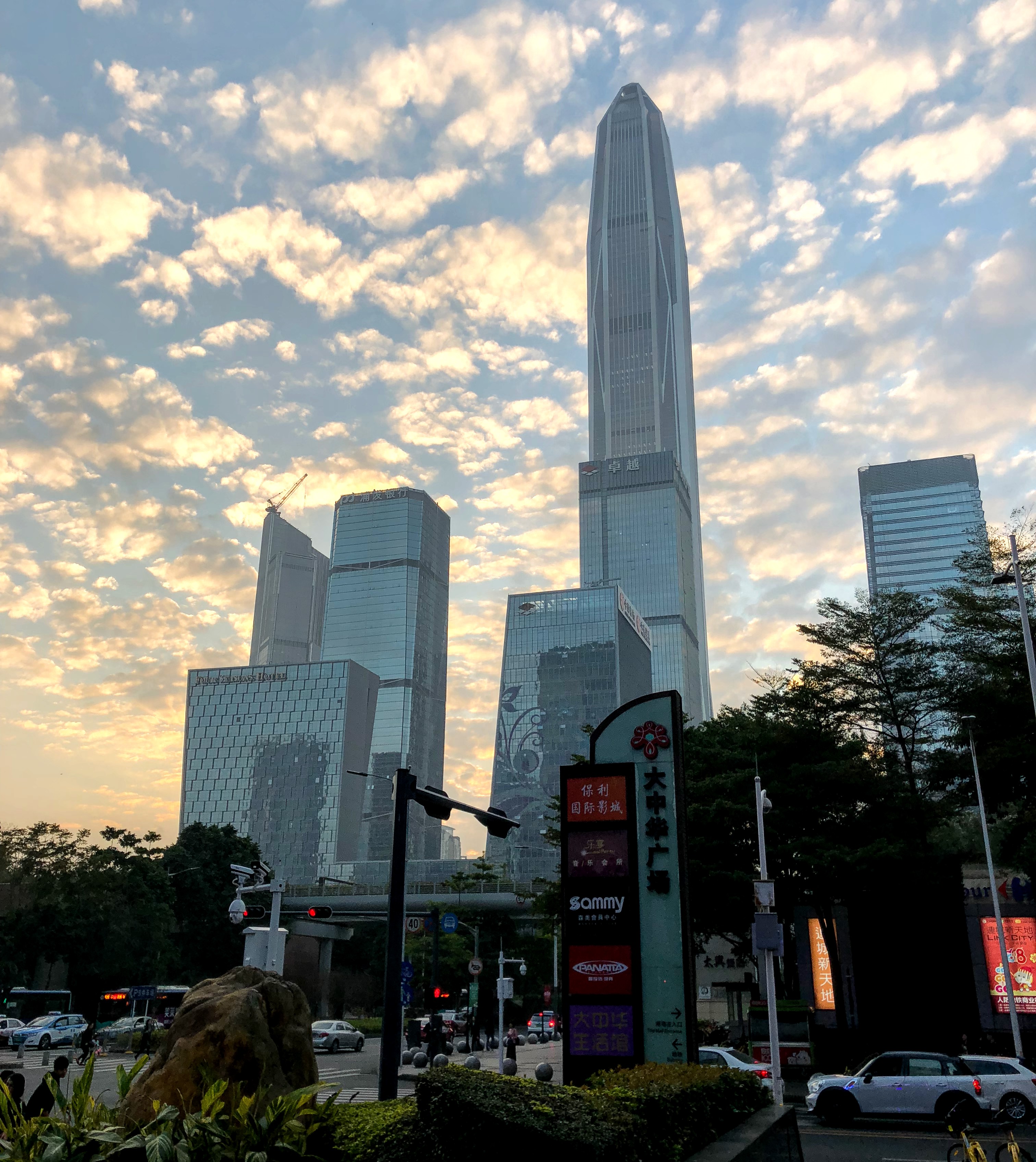At the end of October 2022, the China National Intellectual Property Administration (CNIPA) released a new draft amendment of the Patent Examination Guidelines[1] (hereinafter referred to as the “New Draft”) to the new Chinese Patent Law that came into effect in 2021. We highlight two key amendments below. 1. The starting date for calculating PTA (the “date of requesting for substantive examination”) has been amended from the date when the CNIPA issues a “Notice of Entering the Examination Stage” after receiving the substantive examination request to the date on which the substantive examination request is filed AND the examination fee is paid in full in accordance with Rule 113 of…
- China, China Patent Office, CNIPA, Examination Guide, Inventions, Patent Law, Patent Term Adjustment, PTA, Updates and Changes
- China, China Patent Office, CNIPA, Examination Guide, Invalidation, Patent Law, Proposed Changes, Updates and Changes
Foreigners Beware: China Proposes Requiring IP Made Using Exported Chinese Genetic Resources to be Co-Owned by Chinese Collaborators
Proposed Examination Guidelines for the New Chinese Patent Law – Topic 2: Genetic Resource Restriction How Will the Tightened Genetic Resource Restrictions Affect Your IP In 2019-2021, China’s Ministry of Science and Technology (“MOST”, or the Science Ministry) established several laws and regulations with respect to biosafety[1] and human genetic resources management[2] (collectively referred as “biosafety laws” herein for simplicity), namely to restrict (1) the collection, use and exportation of genetic resources as well as (2) the collaboration and sharing of genetic resources with foreign entities. To integrate the new biosafety laws and the country’s various regulations, the CNIPA has incorporated some additional updates regarding the genetic resource requirements in…
- Accelerated Patent Examination, Cancer Moonshot Expedited Examination, Expedited Examination, Patent Law, Pharma, Pilot Program, US, USPTO
Introducing the New USPTO Cancer Moonshot Expedited Examination Pilot Program
Starting from February 1, 2023, the USPTO will begin the new Cancer Moonshot Expedited Examination Pilot Program that advances out-of-turn applications that are directed to oncology or smoking cessation. This new program will replace the Cancer Immunotherapy Pilot Program that has been in place since 2016, and covers more technologies than only cancer immunotherapies. Applications accepted into the new program will be accorded special status in Examiner’s docket and enjoy expedited examination until the first Office action is issued (including restriction requirements). The new program is available for a non-reissue (original), nonprovisional utility application filed under 35 U.S.C. 111(a), or an international application that has entered the national stage under…






